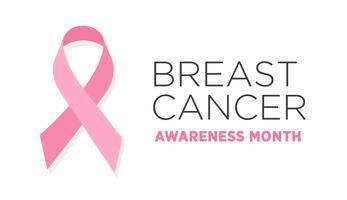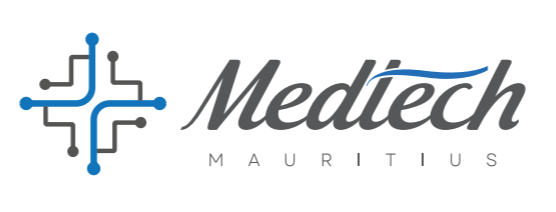
Breast Cancer Awareness Month: Take Action, Save Lives
Breast cancer remains the most common cancer affecting women, both globally and here in Mauritius. With over 35% of cancer cases among Mauritian women attributed to breast cancer, it is vital to shine a light on the importance of early detection and timely treatment. As Breast Cancer Awareness Month continues, let’s explore why awareness matters and the steps we can take to improve outcomes for those affected.
Source: Ministry of Health Wellness
Understanding the Importance of Early Detection
Breast cancer survival rates are significantly higher when the disease is detected early. Key factors contributing to successful early diagnosis include:
- Routine Screenings: Regular mammograms can catch cancer in its early stages when it’s most treatable.
- Awareness Campaigns: Educating the public about symptoms and risk factors helps ensure timely action.
- Access to Advanced Diagnostic Tools: State-of-the-art technologies like 3D mammography improve detection accuracy.
Research from the National Cancer Institute shows that over 90% of women diagnosed with early-stage breast cancer survive beyond five years. This underscores the need for continuous public health initiatives focused on early detection and awareness.
Source: WHO | Regional Office for Africa
Consequences of Late Detection on Patient Outcomes
When breast cancer is detected in later stages, the effects can be devastating—not only physically but emotionally and financially. Some of the consequences include:
- More Aggressive Treatments: Advanced-stage cancers often require more intense therapies such as chemotherapy, radiation, or surgery.
- Increased Healthcare Costs: Late detection results in higher costs for patients and the healthcare system as a whole.
- Lower Survival Rates: Survival rates for late-stage breast cancer drop significantly, with fewer treatment options available.
In Mauritius, breast cancer accounted for 26.5% of female cancer deaths in 2022 . Early detection, however, has been proven to reduce mortality by up to 40%, especially in women aged 50-69.
Sources: Ministry of Health Wellness , Ministry of Health Wellness
Supporting Early Detection: Evidence of Improved Outcomes
There is ample evidence that promoting early detection leads to better outcomes, not only for individuals but for healthcare systems as well. For example, hospitals that prioritize routine breast cancer screenings see higher survival rates and reduced recurrence of the disease.
A study published in The Lancet revealed that women diagnosed at an early stage have a 93% chance of surviving beyond five years. Technologies such as 3D mammography further improve detection rates by 30%, enabling doctors to identify cancers earlier.
Sources: WHO | Regional Office for Africa , Ministry of Health Wellness
What Healthcare Leaders Can Do to Support Early Detection
Healthcare leaders have a responsibility to promote early detection of breast cancer. Key strategies include:
- Making Screenings Accessible: Ensuring that all women have access to regular mammograms, regardless of their socio-economic status.
- Promoting Education and Awareness: Healthcare institutions can host workshops, webinars, and campaigns to inform women about the importance of routine screenings.
- Investing in Advanced Technology: Equipping hospitals and clinics with the latest diagnostic tools ensures more accurate and early detection.
Call to Action: Prioritizing Breast Cancer Awareness
As we observe Breast Cancer Awareness Month, it is essential for healthcare professionals and organizations to advocate for routine screenings. By raising awareness, offering accessible diagnostic services, and ensuring that patients are educated, we can work together to reduce breast cancer mortality rates in Mauritius.
As part of our efforts, we encourage healthcare providers to share educational handouts with patients to raise awareness of breast health. One such resource is our "Breast Lump 101" guide, which outlines the common types of breast lumps, including benign conditions like fibroadenomas and cysts. The guide also highlights warning signs of potentially cancerous lumps and encourages immediate consultation with a healthcare provider if any changes are noticed.
Relevant Resources:
- World Health Organization: Guidelines on Early Detection and Cancer Screening
- National Cancer Control Programme 2022-2025: Insights on cancer prevention and treatment in Mauritius
Sources: WHO | Regional Office for Africa , Ministry of Health Wellness

